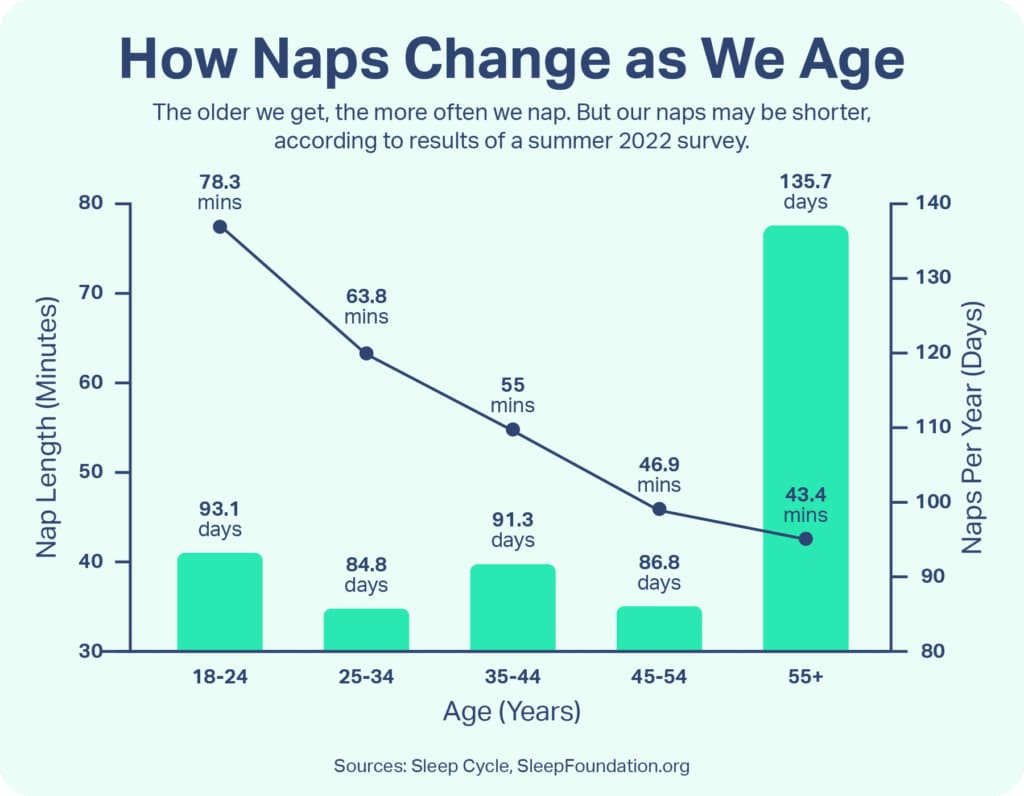Sleep Assessment
3 Min Free Sleep Assessment
Who Can Benefit From This Sleep Assessment?
The Sleep Assessment can benefit anyone who is experiencing difficulties with their sleep or suspects they may have a sleep disorder. Sleep is essential for physical and mental health, and poor sleep can impact an individual’s daily life, productivity, and overall well-being.
This assessment may be particularly useful for individuals who have difficulty falling or staying asleep, experience excessive daytime sleepiness, snore loudly or gasp for air during sleep, or have been diagnosed with a sleep disorder. The assessment can help individuals better understand their sleep patterns and determine whether they may benefit from seeking support from a medical or mental health professional.

Sleep Assessment Accuracy

The accuracy of a Sleep Assessment can depend on several factors, the honesty and accuracy of the responses provided by the user, and the individual’s current state of physical and mental health. It’s essential to note that a Sleep Assessment is not a substitute for a formal diagnosis by a licensed medical or mental health professional and it is best used as a screening tool to identify potential sleep-related problems.
However, many Sleep Assessments have been designed and validated by medical and mental health professionals to ensure their accuracy and reliability. These assessments typically involve a set of standardized questions and scoring procedures to provide an objective measure of sleep quality and quantity. It’s essential to remember that while a test can provide useful information, it should not be used in isolation to diagnose or treat sleep disorders.
Types of Sleep Assessment
Epworth Sleepiness Scale (ESS):
This is a self-report questionnaire that assesses the level of daytime sleepiness. The ESS consists of eight items and is commonly used to screen for excessive daytime sleepiness.
Pittsburgh Sleep Quality Index (PSQI):
This is a self-report questionnaire that assesses overall sleep quality and quantity over a one-month period. The PSQI consists of 19 items and is commonly used to screen for sleep disorders.
Berlin Questionnaire:
This is a self-report questionnaire that assesses the risk of sleep apnea. The Berlin Questionnaire consists of 10 items and is commonly used to screen for sleep apnea.
Insomnia Severity Index (ISI):
This is a self-report questionnaire that assesses the severity of insomnia symptoms. The ISI consists of seven items and is commonly used to screen for insomnia.
Actigraphy:
This is a non-invasive method of monitoring sleep and wake cycles using a small device that is worn on the wrist. Actigraphy provides objective information about sleep patterns and can be useful in diagnosing sleep disorder
Polysomnography (PSG):
This is a comprehensive sleep study that monitors various physiological processes during sleep, including brain activity, eye movements, heart rate, and breathing. PSG is typically conducted in a sleep laboratory and can help diagnose various sleep disorders.
Treating Insomnia
Insomnia can be treated effectively with a combination of non-pharmacological and pharmacological interventions. Here are some examples of treatment options:
- Cognitive Behavioral Therapy (CBT): This is a type of talk therapy that focuses on changing negative thought patterns and behaviors that contribute to insomnia. CBT may involve sleep hygiene education, relaxation techniques, and sleep restriction therapy.
- Medications: Sedative-hypnotic medications may be prescribed to treat insomnia, but these should only be used under the guidance of a medical professional.
- Relaxation Techniques: Engaging in relaxation techniques, such as deep breathing, meditation, and progressive muscle relaxation, can help individuals manage symptoms of insomnia and reduce stress levels.
- Lifestyle Changes: Making lifestyle changes, such as reducing caffeine intake, regular exercise, and improving sleep habits, can help individuals manage symptoms of insomnia and improve overall well-being.
- Sleep Hygiene Education: Education on proper sleep hygiene practices, such as maintaining a consistent sleep schedule, avoiding screens before bed, and creating a comfortable sleep environment, can also help improve sleep quality.

